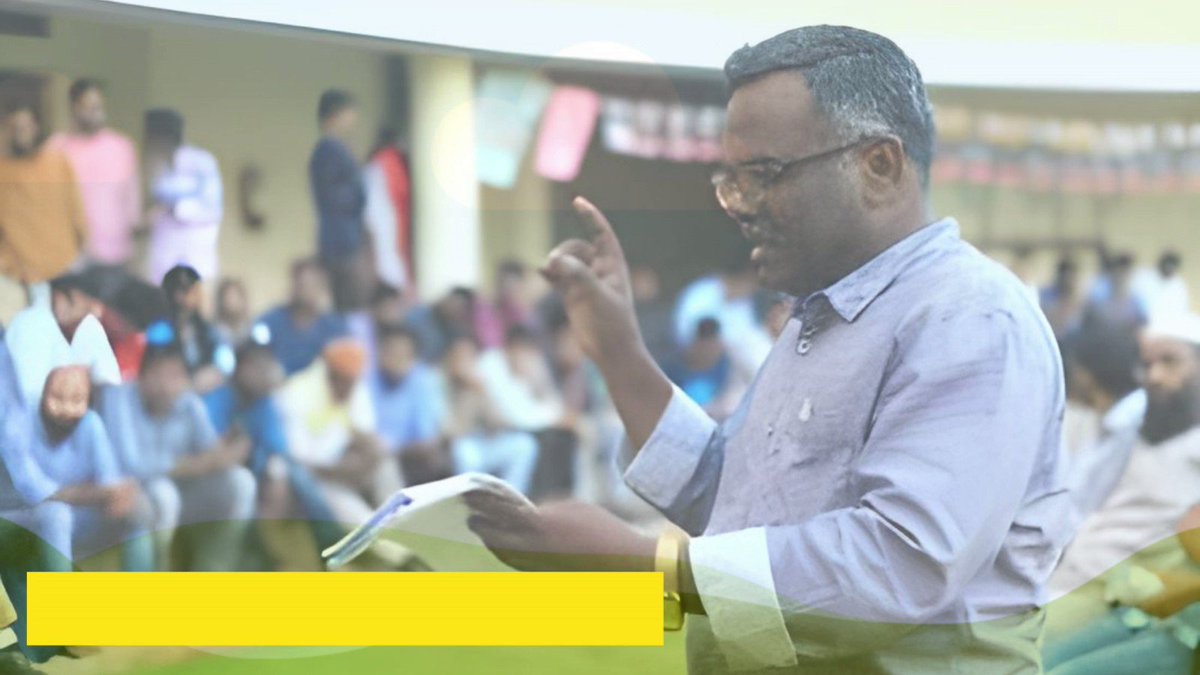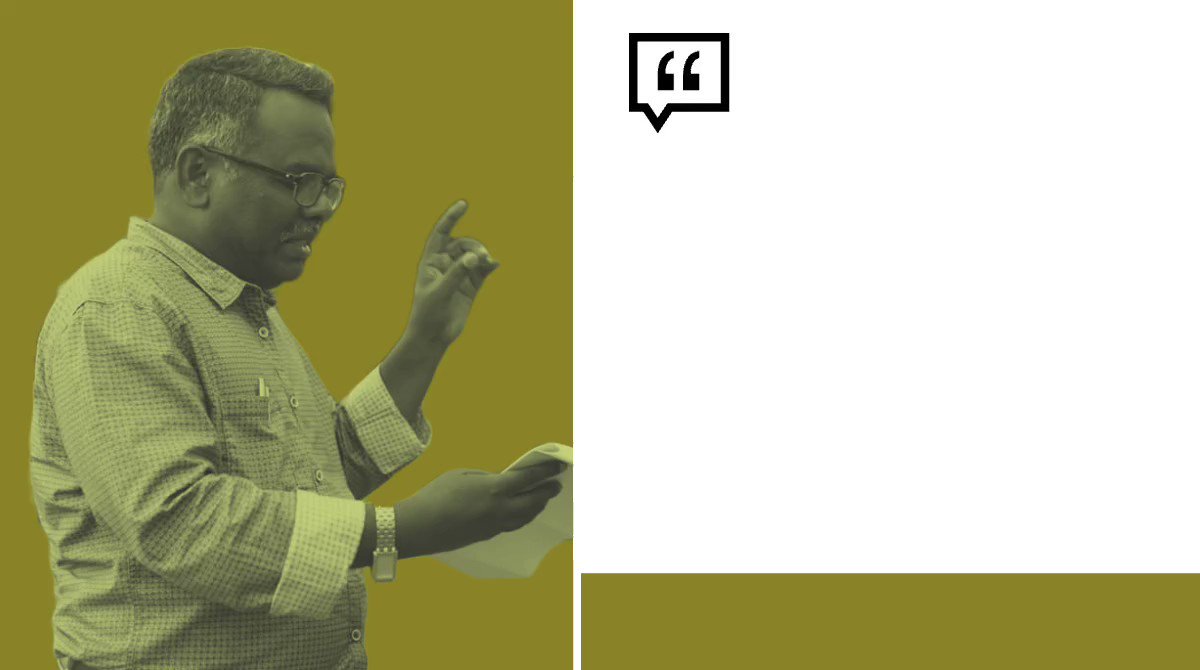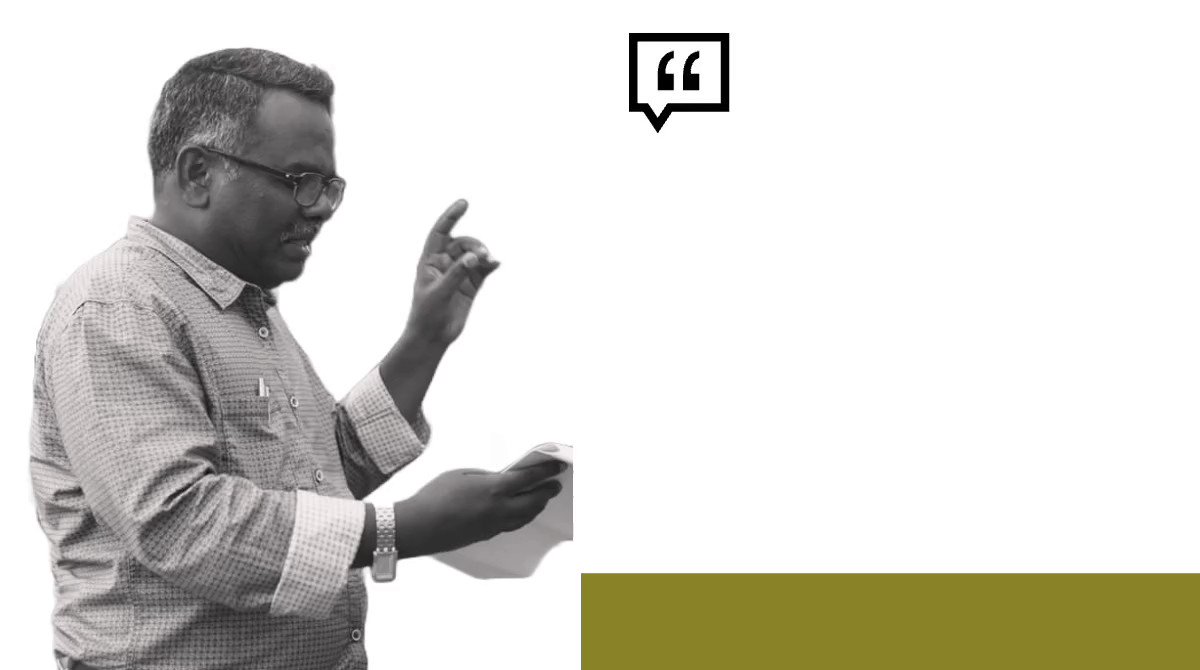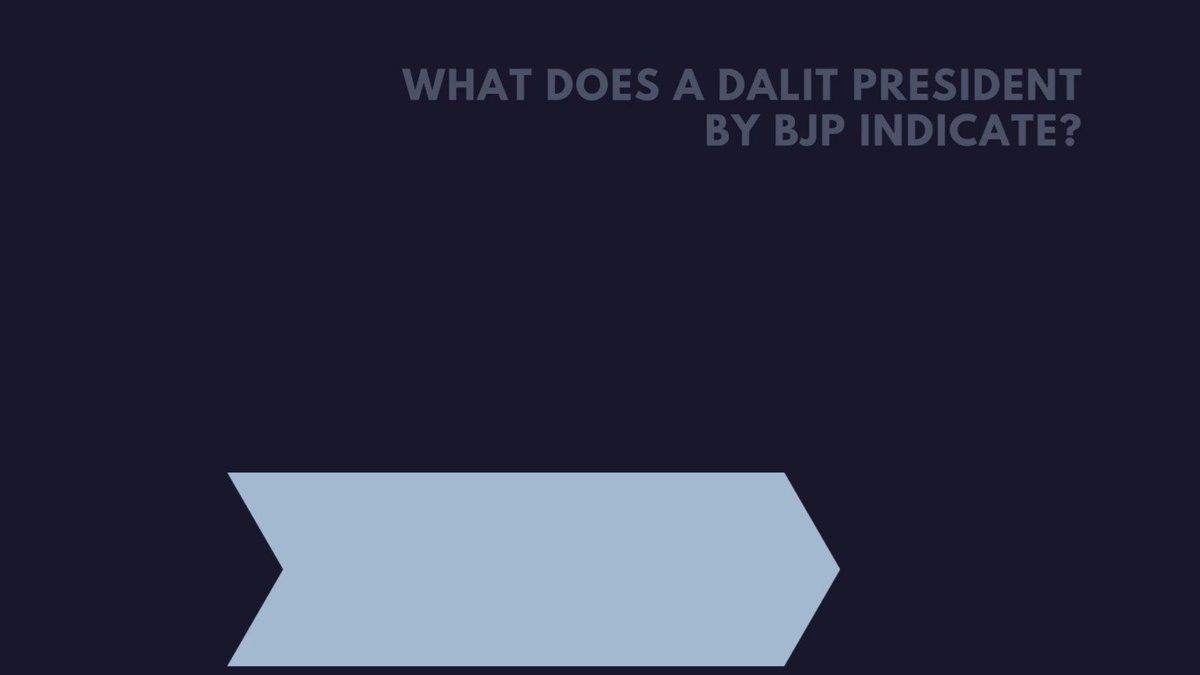Vibha B Madhava
4:33
4:34
4:36
4:37
4:40
4:42
4:42
4:42
4:42
4:43
4:44
4:46
4:47
4:48
4:49
4:52
4:55
4:57
4:59
5:00
5:04
5:04
5:13
5:13
5:25
5:26
Connecting…












